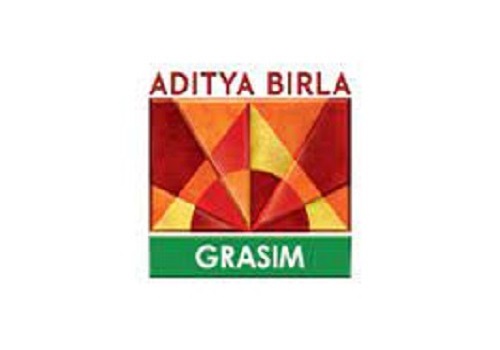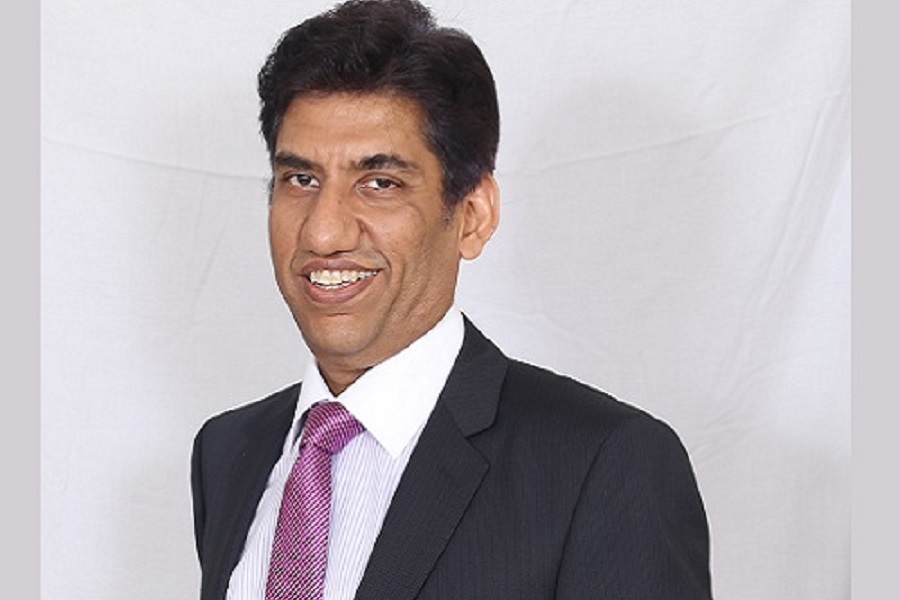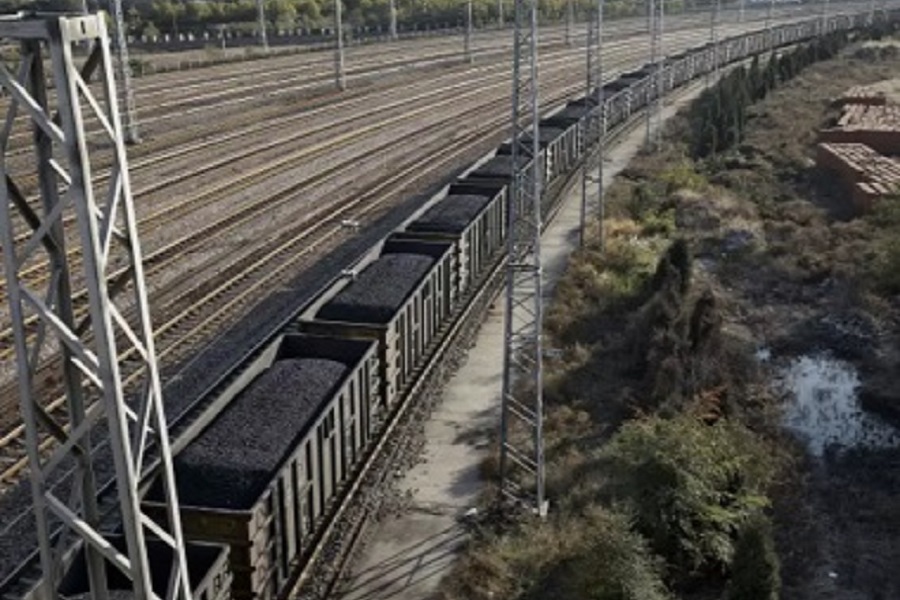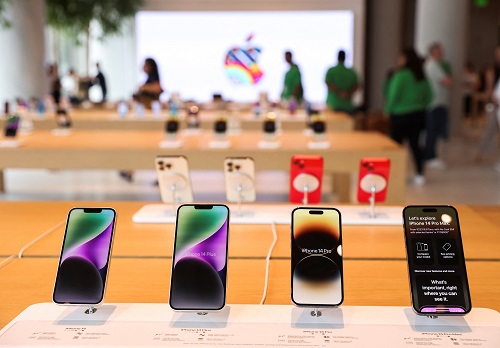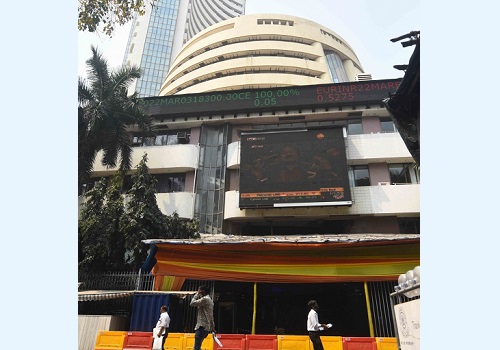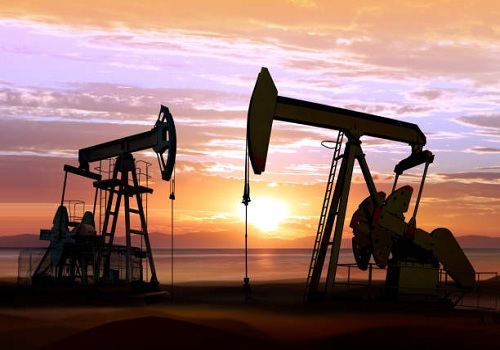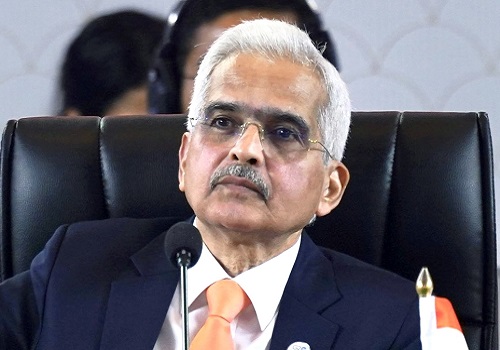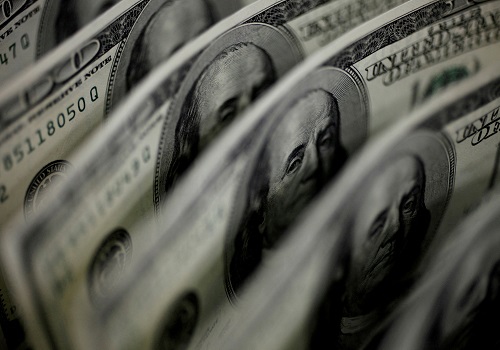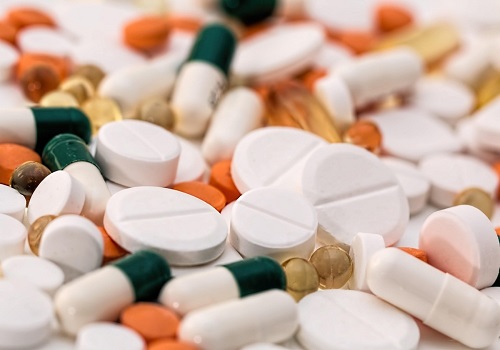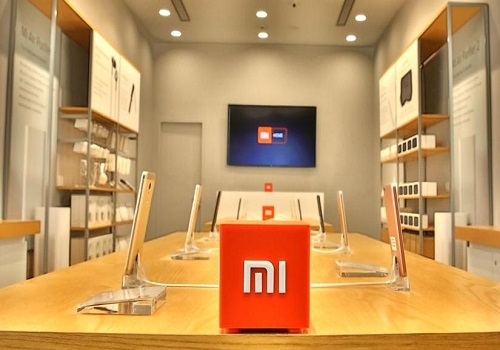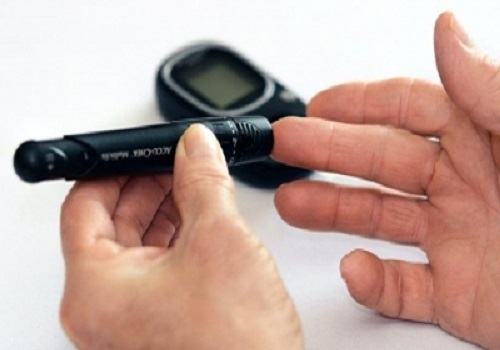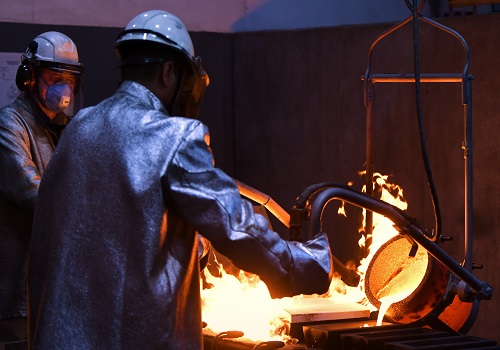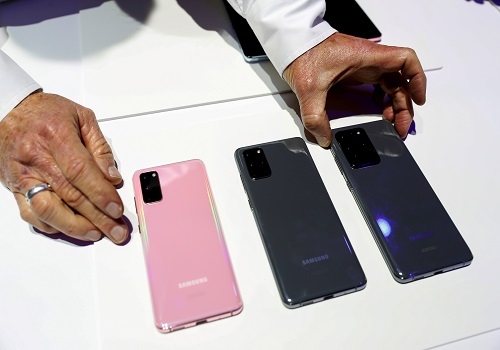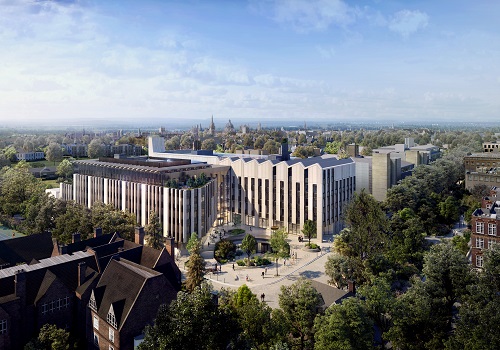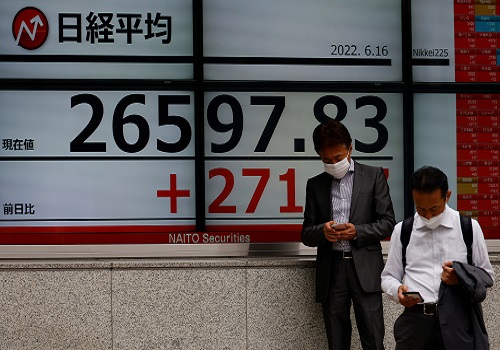L`Oreal sees post-pandemic `roaring 20s`driving cosmetics rebound
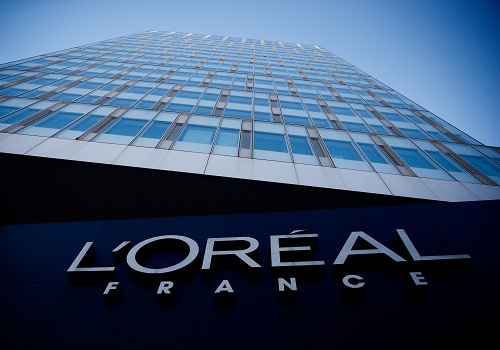
Follow us Now on Telegram ! Get daily 10 - 12 important updates on Business, Finance and Investment. Join our Telegram Channel
PARIS - L'Oreal, the world's biggest cosmetics group, forecast a strong rebound in makeup sales when the COVID-19 pandemic gives way to a "roaring 20s" when people get dressed up and go out again to socialise.
Shares in L'Oreal, owner of brands such as Maybelline, Lancome and Garnier, rose on Friday after the group reported higher than expected fourth-quarter sales growth, broadly outperforming a cosmetics market hit hard by the pandemic.
The company said that with many hair salons still closed and millions of consumers in lockdown, it was cautious about prospects for the market.
It forecast though that the 4.8 % comparable sales growth seen in the past three months of 2020 would continue into the first quarter.
L'Oreal CEO and Chairman Jean-Paul Agon said sales would accelerate sharply as COVID-19 vaccines are distributed and levels of infection subside.
"People will be happy to go out again, to socialise," he said at a presentation of the company's results. "This will be like the Roaring 20s, there will be a fiesta in makeup and in fragrances," he said, referring to the 1920s post-war economic boom, when people wore daring fashions and partied.
He said strong sales in China, where many COVID-19 restrictions have been eased, offered a sneak preview of what the rest of the world could expect. L'Oreal said its sales in China were up 27% in 2020.
L'Oreal's shares were up 2.9% at 10.25 GMT, among the strongest performers on France's benchmark CAC-40 index.
Pandemic store closures have hit luxury retailers and beauty companies, with make-up sales affected especially.
But cosmetics groups have benefited from demand for skin care products and pampering treatments for use at home, and some have tapped into an increase in online shopping.
L'Oreal's online revenues jumped 62% in 2020 as a whole, reaching more than a quarter of total sales. In China, its online sales grew 56% during 2020.
The company reported on Thursday that total sales reached 7.88 billion euros ($9.5 billion) in October to December, flat from last year on a reported basis but up by 4.8% on a like-for-like basis, excluding currency effects and acquisitions, with the numbers beating forecasts.
LASTING IMPACTS
The company expects the pandemic will have a lasting impact on consumer behaviour.
Nicolas Hieronimus, L'Oreal's deputy CEO who will take over from Agon in May, said the switch to online shopping driven by the pandemic is here to stay. The company expects that 50% of its future sales will be online though it did not say when that threshold would be reached.
"People have lived virtual lives and many of those habits will stay," Hieronimus told the presentation.
He said COVID-19 had also made consumers more environmentally focused, because it highlighted the fragility of the ecosystem and made people keener to buy from companies that shared their values.
Other effects were a focus on health and a new recognition of the importance of science and research as a solution to the world's biggest problems.
Hieronimus said L'Oreal was positioning itself to respond to those trends. He said skin care products, which chime with consumers' concerns about health, would be his first priority when he takes over as CEO, and that research and development would take a more prominent role in the company.
(Writing by Sudip Kar-Gupta and Christian Lowe; Editing by Jane Merriman)
